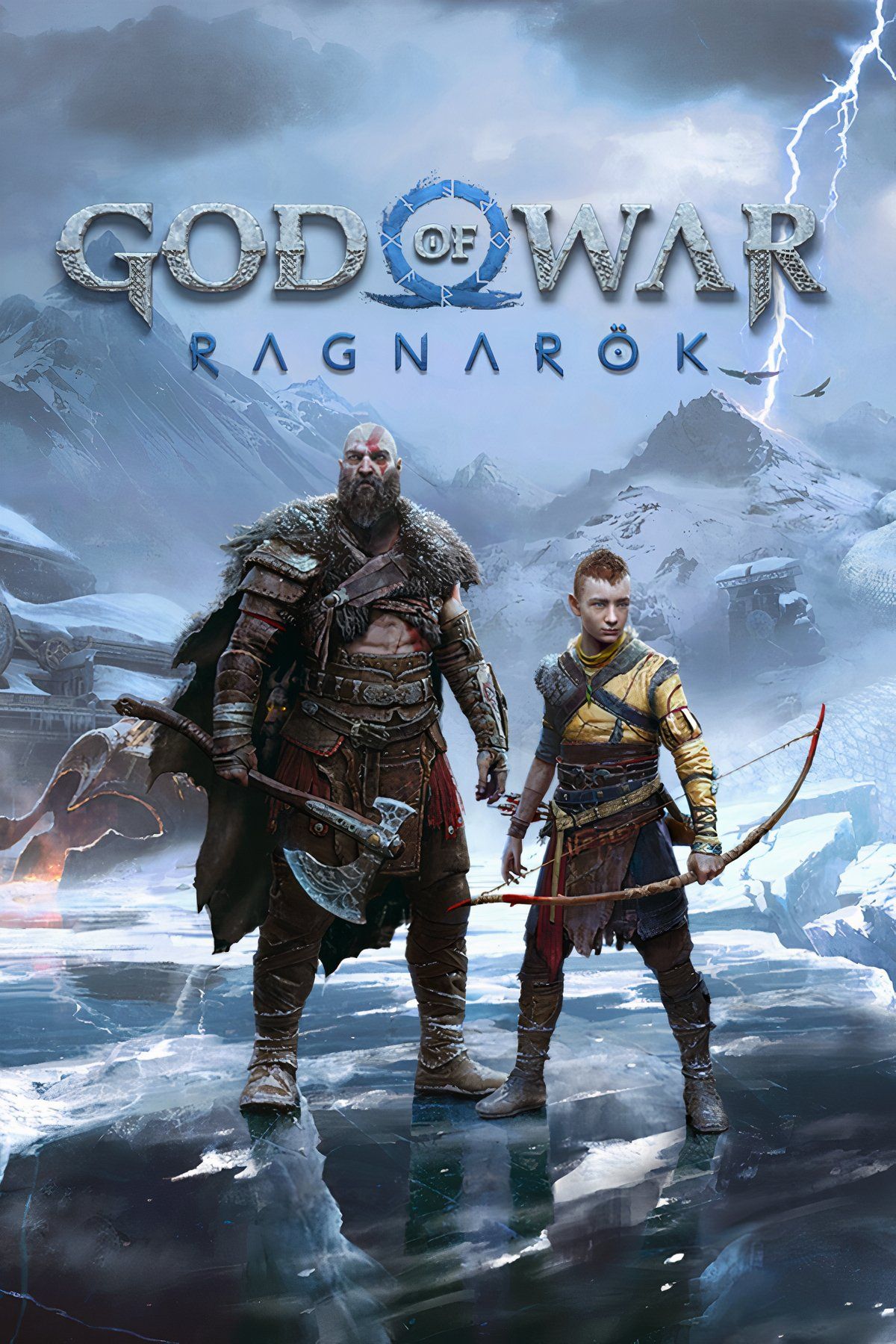Sony’s ambition to establish itself in the live-service gaming space has been met with mixed results. Despite its legacy of beloved single-player experiences like The Last of Us and God of War, Sony has attempted to diversify its portfolio by exploring multiplayer and live-service titles. However, a recent Bloomberg report revealed that two live-service games, including an unannounced God of War potentially multiplayer project, were canceled. While this decision aligns with the growing demand for single-player experiences, the concept of a live-service God of War wasn’t entirely as far-fetched as it may initially seem.
The idea of a God of War live-service game might sound like a betrayal of the franchise’s single-player roots, but it’s worth noting that the series has ventured into multiplayer territory before. In God of War: Ascension, players experienced competitive multiplayer battles where they could pledge allegiance to gods like Zeus, Poseidon, Hades, or Ares. This allowed for unique powers and gameplay customization that made for an engaging, albeit experimental, addition to the franchise. While Ascension’s multiplayer was far from perfect, it laid the groundwork for a possible multiplayer model that could have worked with further refinement.

Related
Why God of War Keeping Kratos in Norse Mythology Might Feel Anticlimactic
With Kratos’ next journey uncertain, choosing to keep him in the Norse realm for the next God of War series entry could be a risky move.
A Live-Service God of War Could Have Evolved
The vast universe of God of War offers a rich foundation for a live-service format. The Norse saga introduced compelling characters such as Freya, Atreus, and Thor, each with unique abilities that could easily translate into player-controlled characters. A live-service model could have capitalized on this diversity, letting players explore different mythologies as seasonal content. Imagine a game where each season delved into a new pantheon—Egyptian, Celtic, or even Aztec gods—offering fresh narratives, challenges, and characters.
This approach could also have expanded the storytelling possibilities. Much like Destiny 2 or Final Fantasy 14, a live-service God of War could have combined cooperative gameplay with episodic storytelling. Players might have joined forces to battle mythological monsters or participate in massive raids against gods, all while experiencing lore-rich updates that deepened their connection to the world. For fans of mythology, this could have been a treasure trove of creative opportunities.
God of War: Ascension Offers Lessons for Multiplayer
Sony’s previous foray into God of War multiplayer through Ascension offered both promise and lessons to learn from. Players were given the chance to create and customize their own warriors, aligning themselves with specific gods for unique combat bonuses and abilities. This design, while innovative at the time, lacked the depth and polish needed to truly captivate players.
A God of War live-service game could have built upon these mechanics by integrating iconic characters from the series. For example, Freya’s magic, Atreus’ bow skills, or even Thor’s hammer could have been central gameplay elements in a co-op or competitive setting. Players might have worked together to topple mythological titans or battled in dynamic arenas inspired by realms such as Asgard or Helheim.
Sony’s Struggles Could Refocus the Franchise
While the cancelation of the God of War live-service project may seem disappointing, it also signals a possible shift in Sony’s priorities. Its live-service endeavors have largely been plagued by missteps, with only Helldivers 2 standing out as a success in an otherwise troubled portfolio. This pivot away from live-service games could mean more resources are allocated to single-player experiences, which is a win for fans.
For instance, there have been persistent rumors of a standalone Atreus game, a project that would allow players to explore his journey in greater depth. Similarly, fans are eager to see a sequel featuring a redeemed Kratos navigating new mythologies. By focusing on these narrative-driven experiences, Sony could reaffirm its dominance in the single-player space.
Closing the Chapter on What Could Have Been For God Of War
A live-service God of War might not have been the disaster some feared. With thoughtful design, it could have offered fans a fresh perspective on the series, using multiplayer elements to explore its vast universe in ways single-player campaigns cannot. However, the franchise’s true strength lies in its ability to tell intimate, character-driven stories, and Sony’s decision to cancel the project may ultimately benefit its long-term success.
While the cancelation stings for those curious about what could have been, it also holds the promise of more focused, story-rich adventures for Kratos, Atreus, and other beloved characters. Whether it’s a journey into new mythologies or a deep dive into Atreus’ coming-of-age tale, the future of God of War looks bright—just not as a live-service game.














Leave a Reply